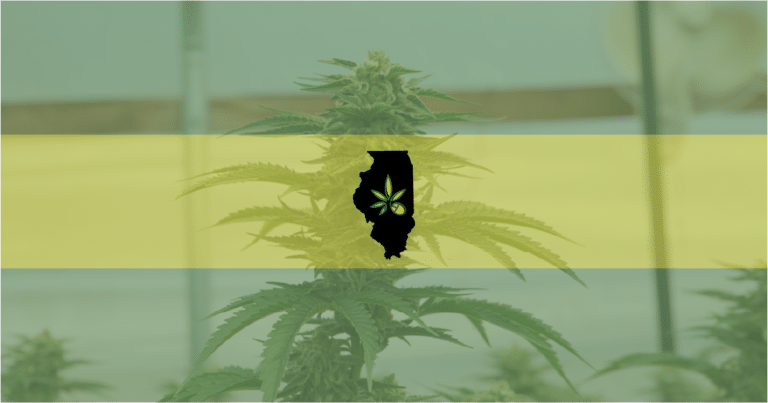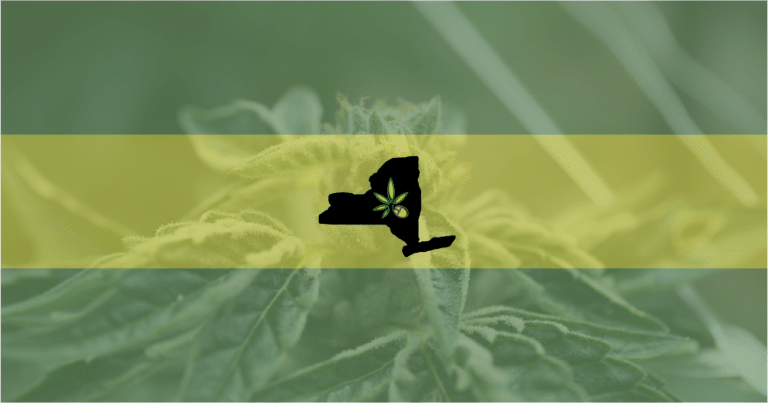While votes in some races are still being counted, one thing about the 2020 election is for sure: drug law reform wins. Each state that had cannabis on the ballot won, which includes Arizona, Mississippi, Montana, New Jersey, and South Dakota. Additionally, 2 measures passed the use of psilocybin therapy (one in Oregon and one in Washington, D.C.), and Oregon passed the decriminalization of all drugs. In each of these cases, the voters passed the ballot measures by relatively large numbers and in a relatively short counting time. This proves one thing about where America is going with drug law reform overall: forward.
Cannabis voters came out in force last night! pic.twitter.com/fTy1D7DXUk
— Cannabis Voter Project (@Cannabis_Voter) November 4, 2020
So, let’s take a look at the details….
2020 Election Results for Cannabis
(and other areas of drug law reform)
Arizona (Proposition 207): Legalizes possession of as much as an ounce of marijuana for adults 21 and older and sets up a licensing system for retail sales of the drug, starting with the medical-marijuana dispensaries already operating in the state. The measure contains several restorative justice provisions such as allowing individuals with prior marijuana convictions to petition the courts for expungements and establishing a social equity ownership program. Cannabis sales will be taxed at 16% and tax revenue will cover implementation costs and then be divided among funds for community colleges, infrastructure, a justice reinvestment and public services such as police and firefighters. The Department of Health Services will be responsible for regulating the program and issuing cannabis business licenses. The law technically goes into effect upon passage and after the voters are certified, which is expected to take place on November 30. After that point adults could legally use, possess and cultivate cannabis. Regulators can issue licenses starting in January 2021, and the first shops could be approved by February 1.
Mississippi (Initiative 65): Allows patients with at least one of 22 debilitating medical conditions (such as cancer, chronic pain and post-traumatic stress disorder) to use medical marijuana, under the approval of Mississippi licensed physicians and licensed treatment centers. Patients will be allowed to possess up to 2.5 ounces of marijuana per 14-day period. Under the approved initiative, the Mississippi Department of Health will be responsible for developing regulations for the program by July 1, 2021. Medical cannabis patient cards will need to be issued by August 15, 2021.
Montana (Initiative 190 and Constitutional Amendment/Initiative 118): Initiative 190 legalizes adult-use cannabis and establishes a legal system of marijuana production and sales for adults in the state. Adults will be able to use, possess and cultivate cannabis starting January 1, 2021 under the approved measure. That same day, regulators could begin accepting license applications for marijuana retailers. In addition to the cannabis revenue earmarked for land, water and wildlife conservation programs, the measure will send funds toward veteran services, substance disorder treatment, and health care, with the rest being pegged to the general fund. Constitutional Initiative 118 is constitutional amendment that stipulates that only those 21 and older can participate in the market
New Jersey (Question 1): Legalizes the possession and use of marijuana for persons over the age of 21 and puts the state legislature in charge of determining details such as retail regulations, home grow, possession limits, and more. This constitutional amendment will tax recreational marijuana sales at the standard sales tax rate of 6.625% and allow local governments to enact an additional 2% sales tax on recreational marijuana sales. Lawmakers will still have to pass legislation to implement the legal cannabis system. The amendment will go into effect on January 1, 2021.
South Dakota (Amendment A and Measure 26): The recreational measure (Amendment A), which is a constitutional amendment, allows for people 21 and older will to possess and distribute up to one ounce of marijuana, and they will also be allowed to cultivate up to 3 cannabis plants. Legalization will become the law on July 1, 2021. The Department of Revenue will be charged with developing licensing regulations by April 1, 2022. The medical cannabis initiative (Measure 26) will make a statutory change to allow medical marijuana patients suffering from debilitating conditions to possess and purchase up to 3 ounces of marijuana from a licensed dispensary. The state Department of Health will have until October 29, 2021 to enact regulations for the program, and then must issue patient registration cards by November 18, 2021.
Oregon (Measure 109): Creates the first ever statewide program for psilocybin therapy in the country. Under the measure, adults will be able to access the psychedelic in a medically supervised environment. There aren’t any limitations on the types of conditions that would make a patient eligible for the treatment. Currently, there are no such policies in place anywhere else in the U.S. Under the Oregon psilocybin therapy measure, regulators would be responsible for issuing licenses for the manufacturing, testing and administering of the psychedelic by January 2, 2023.
Oregon (Measure 110): Decriminalizes possession of all currently illicit drugs and invests in substance misuse treatment. This decriminalization measure will remove criminal penalties for low-level drug possession offenses—something that no other U.S. state has yet done. Instead, those caught possessing a controlled substance will be subject to a $100 fine or be required to complete a health assessment within 45 days. The new law will also use existing tax revenue from marijuana sales, which voters legalized in 2014, to fund expanded drug treatment programs. Under the proposal, the decriminalization provisions must be implemented by February 1, 2021. Substance misuse treatment centers funded through the initiative must be “established and operational” by October 1, 2021.
Washington D.C. (Initiative 81): Also known as the Entheogenic Plant and Fungus Policy Act of 2020, effectively decriminalizes the use of psilocybin (mushrooms) and other psychedelic plants. The initiative would make the non-commercial cultivation, distribution, possession and use of psilocybin and similar drugs the police department’s lowest enforcement priority. It does not make commercial sales of the psychedelics legal.
Additionally, 4 cities in Ohio voted to adopt measures that decriminalize cannabis.
While all of this newly legal weed is exciting, it is important to remember that we must legalize it RIGHT. Getting a “yes” vote on the ballot is only the first step, as the implementation of the new laws or amendments is where the real work needs to happen.
For example, let’s look at New Jersey.
New Jerseyans passed Question 1, a constitutional amendment legalizing cannabis through a ballot question signaling the beginning of the end of marijuana prohibition in the Garden State. Now, lawmakers must pass legislation to implement the constitutional amendment and create a regulated industry. The ACLU-NJ and other advocates have called for steps to support racial and social justice. In New Jersey, police make over 32,000 arrests for cannabis possession annually, and Black people are 3.5 times more likely to be arrested for a marijuana-related offense than white people, despite similar usage.
“The ‘yes’ vote is only the first step toward justice. The legislature has its marching orders, delivered by the people. For legalization to fulfill its true potential, the legislation implementing it must center racial and social justice every step of the way. In fleshing out the cannabis constitutional amendment, lawmakers must create an inclusive, racially just, equitable cannabis industry, enable robust expungement of records, and invest revenue in the communities hit hardest by unjust drug law enforcement, especially Black and brown communities.”
– ACLU-NJ Executive Director Amol Sinha
And, in the wise words of one of my favorite activists, Dasheeda Dawson…
We must roll up our sleeves and make sure the NJ legislature does not mess this all up. LOTS of rules and regulations still to be decided. Black and Brown folks need to step up their cannabis competency across science, policy & business—- and it starts with knowing the FACTS and history around cannabis prohibition in NJ:
1) NJ ranks 25th in the nation for the largest racial disparities in arrests for marijuana possession. Black people are 3.5x more likely than white people to be arrested for possession.
2) This racial disparity has INCREASED since 2010, despite passing legislation to establish a legal medical marijuana program. Hunterdon County is almost 14X more likely for Black people to be arrested for possession.
3) Up until last year, NJ STILL arrested more people for cannabis than almost any other state. Behind only Texas and NY in raw number.
FACT: New Jersey owes a significant debt to its Black and Brown communities, that up until last year, endured multiple decades of racially biased profiling, arrests and incarceration due to a PLANT. A plant we now all know is medicine.
– Dasheeda Dawson
Onward and forward…









